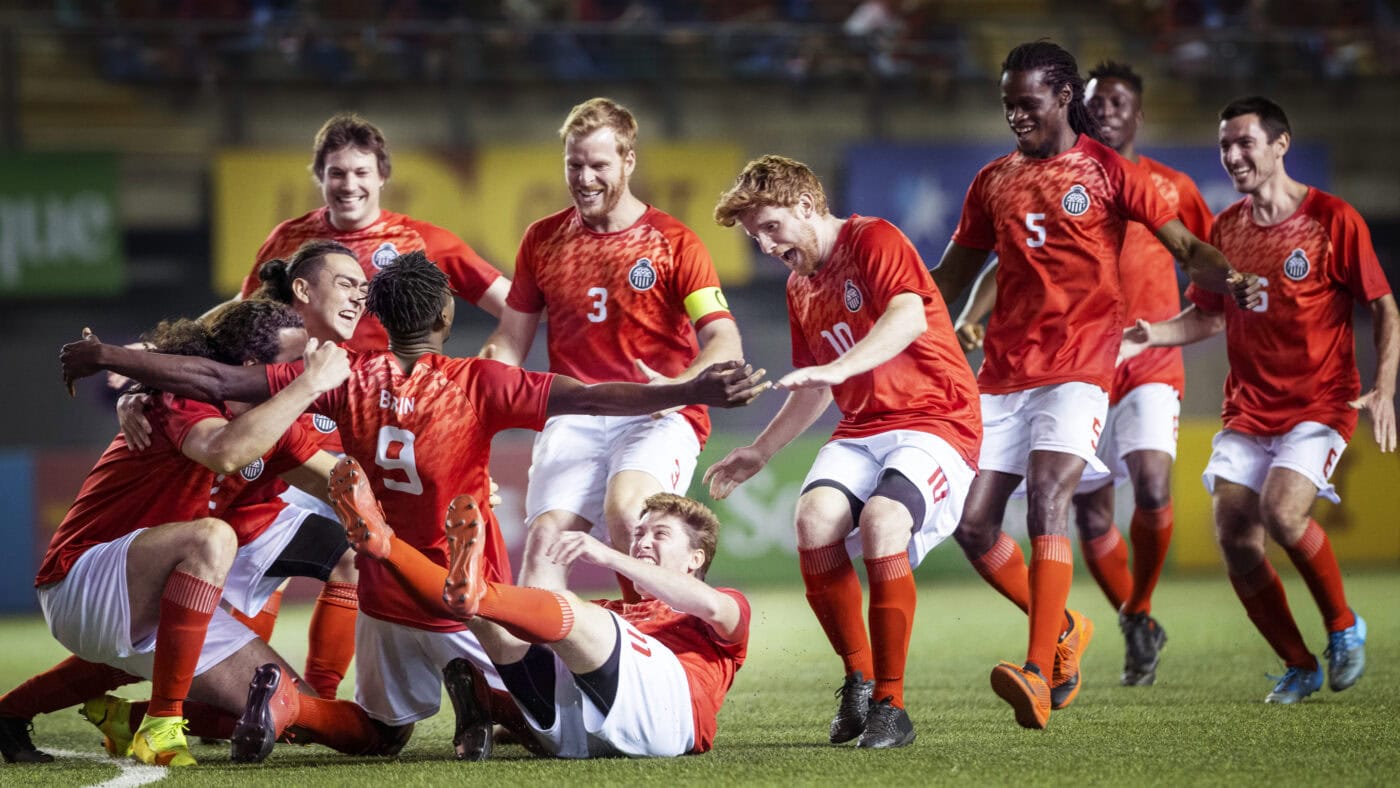Most kids can tell you how much their favourite football player’s worth and whether he’s value for money, but ask them to explain inflation or supply and demand, and you’ll get a blank stare. Each week, over 11 million people log into Fantasy Premier League (FPL), tweaking squads, scanning spreadsheets and agonising over captaincy choices. On the surface, it’s just a game, but somewhere between rage-quitting over a last-minute own goal and captaining Cole Palmer only for him to blank again, I realised something odd, FPL is probably the best free market simulator I’ve ever played.
FPL is a masterclass in economic thinking. It teaches trade-offs, opportunity cost, marginal gains, decentralised decision-making and the power of incentives. In other words, it’s capitalism but gamified. As debates around the role of markets grow louder, especially among younger generations, maybe it’s time to ask a serious question: could fantasy football be used to teach kids the basics of economics?
Not through boring lectures or joyless demand and supply graphs, but through football. That might sound like a stretch, but it’s worth asking, because economic illiteracy is a real and growing problem in the UK, with only one in four young adults receiving financial education at school. Surveys routinely show that many young people struggle with basic financial concepts like interest rates, inflation and budgeting. When it comes to bigger questions, like why prices rise, how trade-offs work or what governments should and shouldn’t do, we’ve raised a generation of voters with very little intuitive understanding of the economy they live in.
The gaming principles of FPL are almost the perfect free market simulator. You’re given a fixed budget and must build a squad of 15 Premier League players. You can’t buy everyone you want. You have to make tough decisions. Do you go big on your striker and sacrifice your defence? Do you risk a wildcard pick with high upside, or opt for a steady performer? It’s economics 101, not in a textbook, but in real time. While most players don’t think of it this way, they’re all engaging with the exact kind of decision-making that economics is built on. Every transfer is a trade-off. Every choice has consequences. Why is everyone suddenly transferring in a £5.5m winger from Crystal Palace? Because the price signals say so. It’s the invisible hand but with bonus points.
The official FPL site has an age restriction, but the basic mechanics are a dream for educators. Kids already love football. Many of them already follow the players, the stats, the transfer rumours. Now add a layer of budget constraints and scoring rules and you’ve got a ready-made tool for teaching economics without ever saying the word economics. It’s the ultimate Trojan horse and the beauty of using football is that it cuts across class, geography and culture. It’s something kids from all backgrounds understand and care about. So why not introduce economic thinking in a language that feels native by building a kid-friendly fantasy football game for use in schools?
This idea isn’t new. When I was at school in Australia, we played the ASX Sharemarket Game. A simulation that gave us fake money to invest in real companies listed on the Australian Stock Exchange. We tracked prices, followed business news and learned the fundamentals of risk, reward and market movements. This game has been running for over 30 years and is often credited with improving financial literacy and sparking early interest in investment and entrepreneurship among students. Rather than relying on abstract theory, this is a system where pupils learn through doing. Engaging in an economic market would become second nature when it’s part of a game they’re emotionally invested in. Suddenly, economics isn’t boring, it’s urgent, exciting and relevant!
There’s a serious point hiding in all this. Lots of young people today are pretty lukewarm on capitalism, and that scepticism doesn’t come from nowhere. If you’ve never been shown how markets actually work, how prices shift and how incentives shape behaviour, it’s easy to assume the whole system is rigged or broken. A game like this sneaks in the good stuff which is at the heart of the free market; personal responsibility, strategic risk-taking and the idea that better outcomes come from better decisions, not top-down control. FPL managers are valuing these things every week not because they’re being told to, but because you feel them when your bargain-bin defender gets a clean sheet and everyone else benched him. A school-based fantasy football game wouldn’t just teach kids economics, it would normalise economic thinking. At a time when trust in markets is under pressure and young people are increasingly attracted to interventionist ideas, we need new ways to demonstrate, not just explain, why free economies work.
Make it safe, make it fun and get it in schools. While there are some practical hurdles, the bones are already there and FPL is popular, accessible, and totally obsession-worthy. A ‘Classroom FC’ version, stripped of betting-like elements and overseen by teachers, could easily be developed. Just as the sharemarket game has done for decades in Australia, this could provide a safe and educational sandbox for students to engage with market principles.
We spend a lot of time worrying that economics is too dry, too technical, too elitist, but it doesn’t have to be. The core principles of free markets are intuitive, when you experience them and their consequences. That’s why fantasy football is such a powerful tool to turn economic theory into lived experience.
The next generation already loves football. The question is whether we can use that love to teach something deeper. Fantasy football won’t fix economic illiteracy on its own, but it might be the most enjoyable place to start.
Click here to subscribe to our daily briefing – the best pieces from CapX and across the web.
CapX depends on the generosity of its readers. If you value what we do, please consider making a donation.


